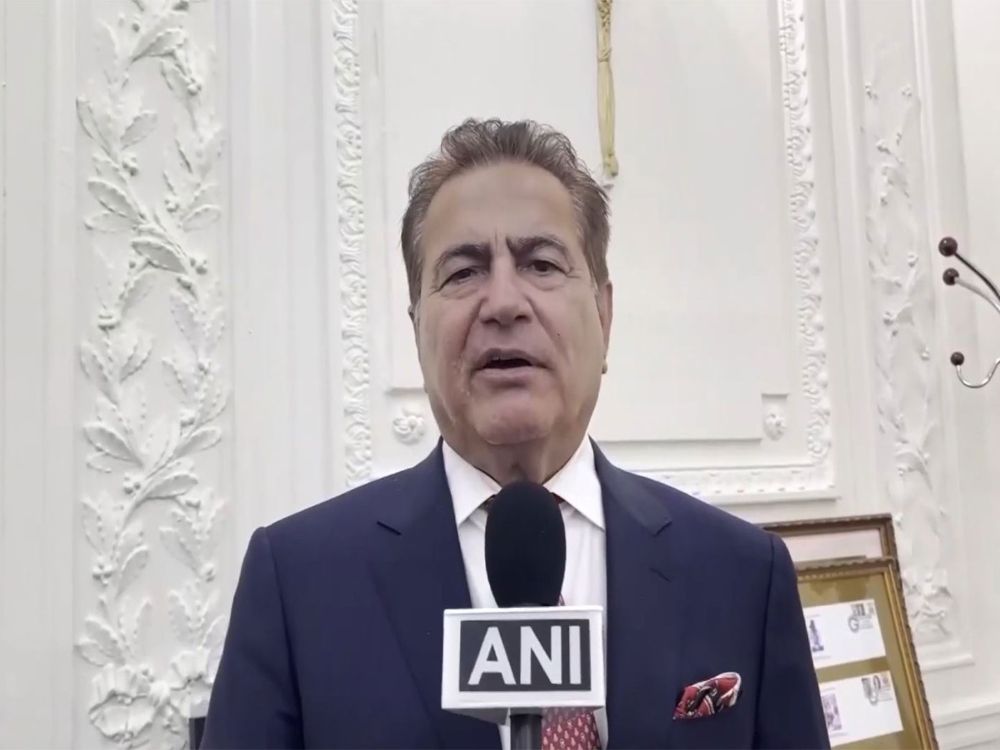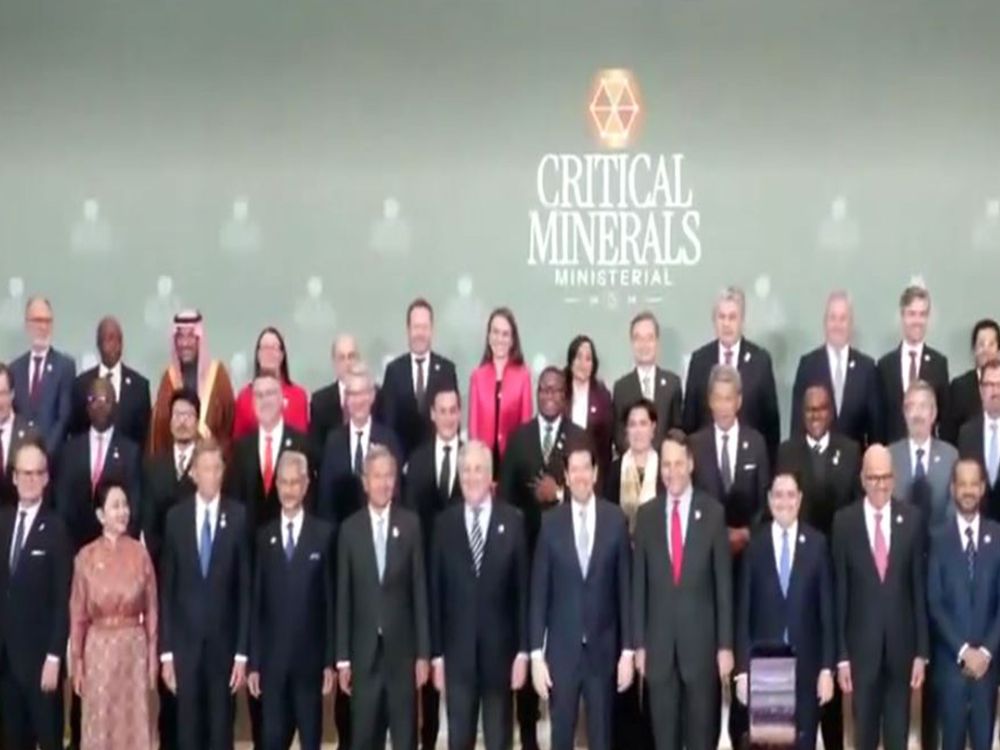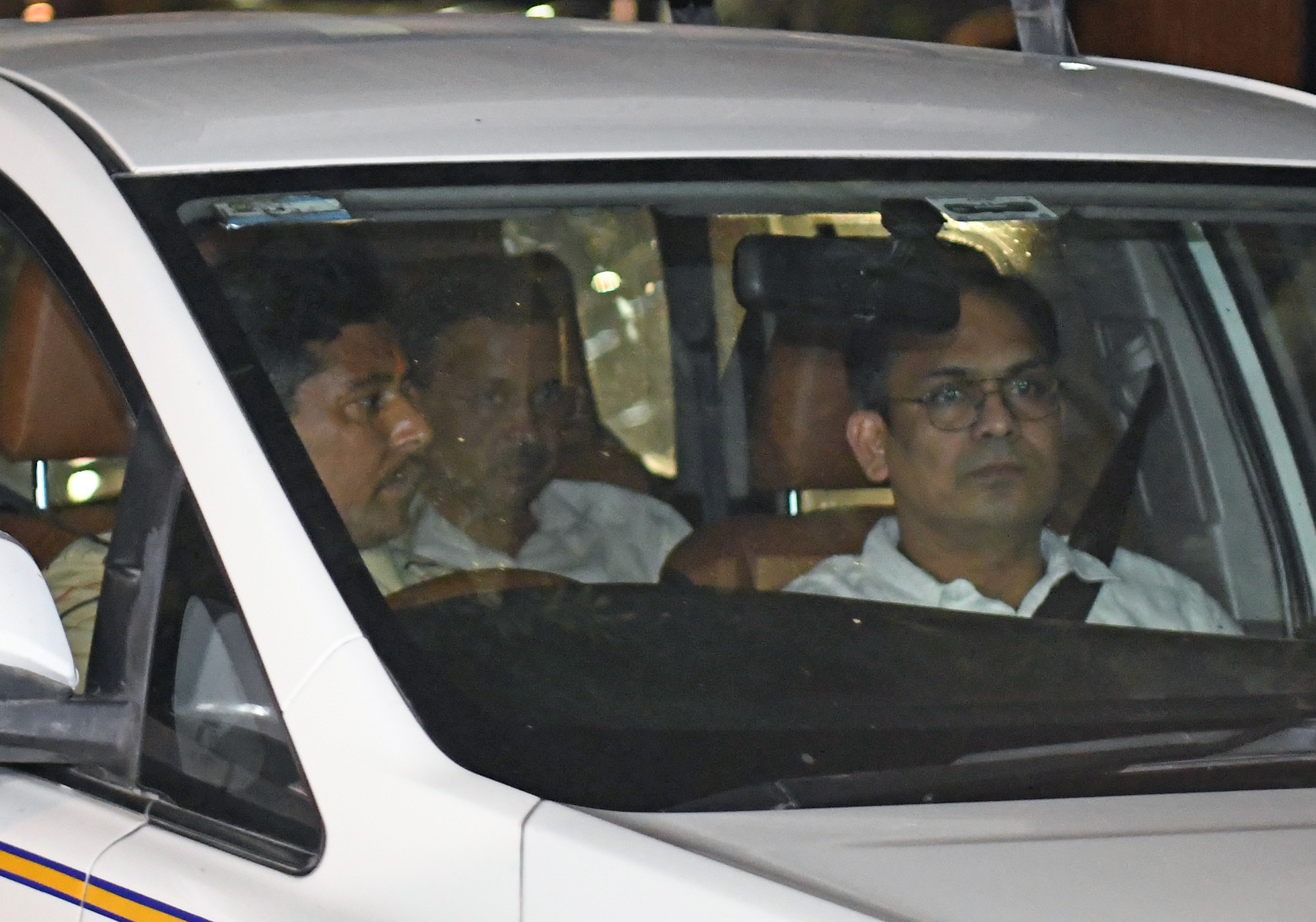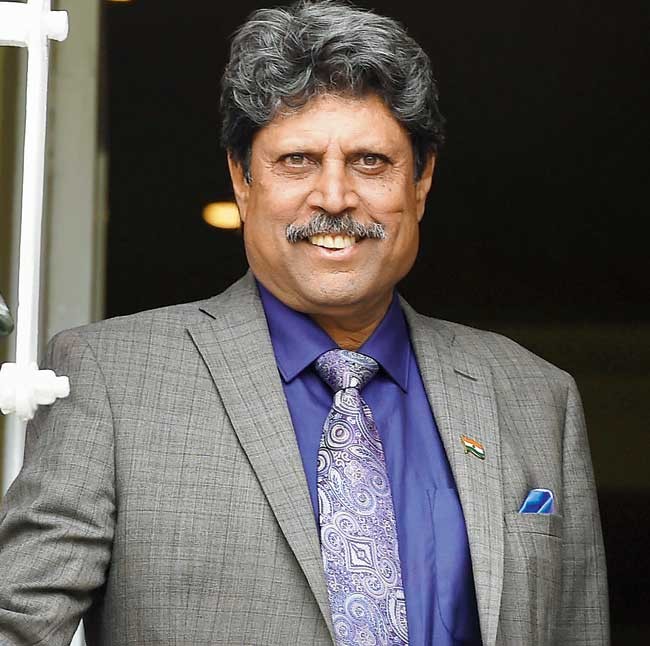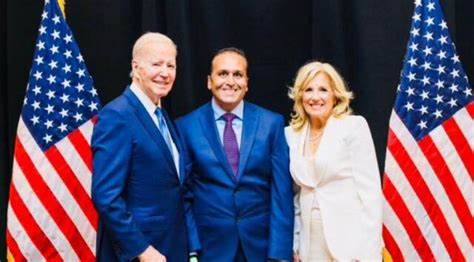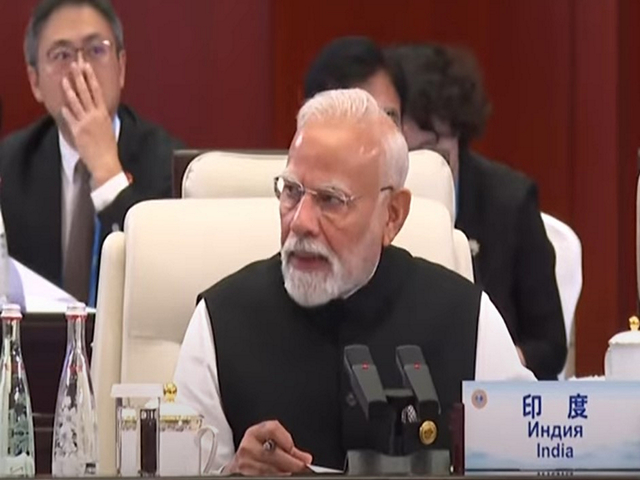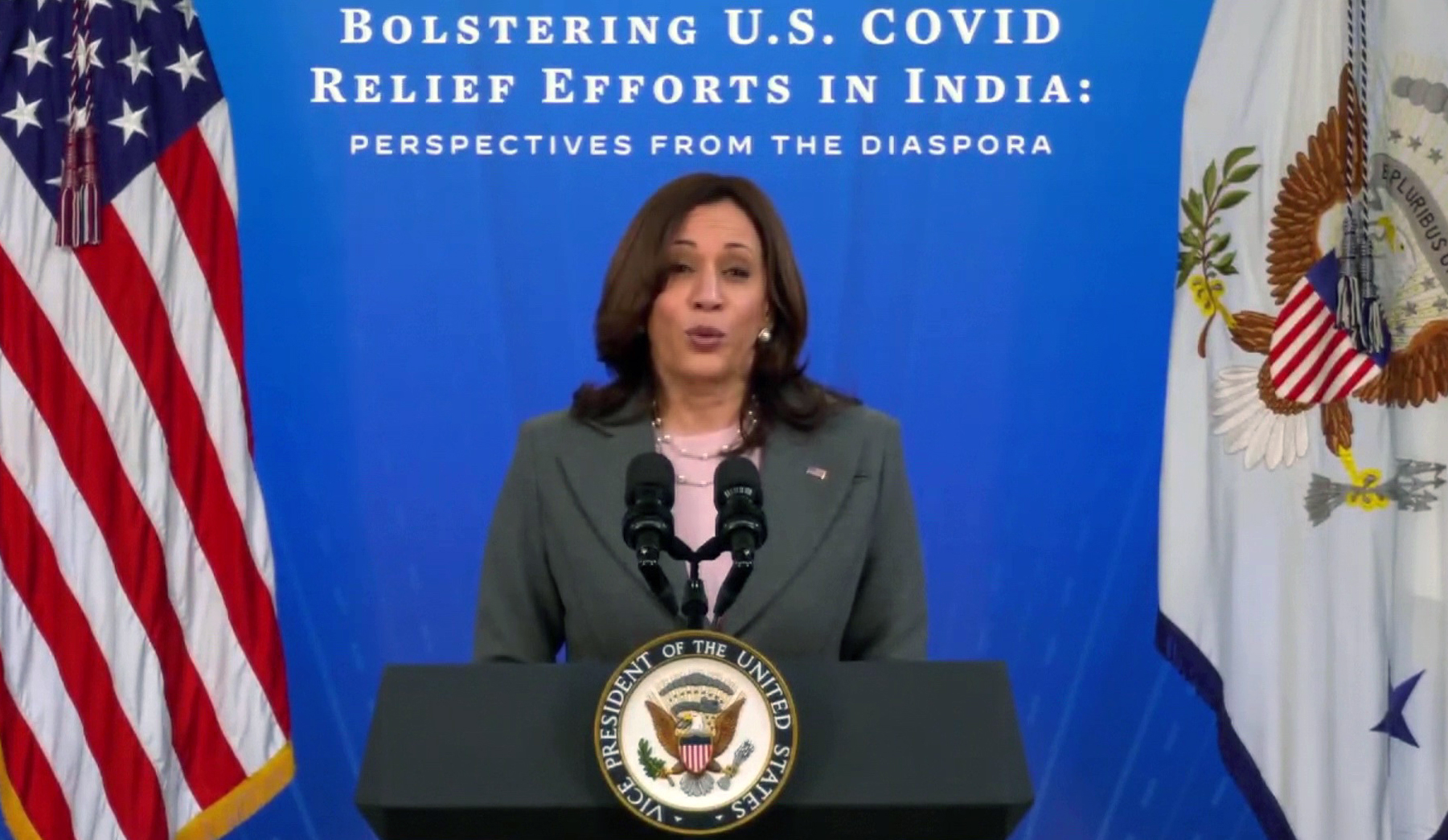Kho-Kho, the traditional Indian sport, is one of the oldest forms of outdoor sport, dating back to prehistoric India. Once a local pastime losing its foothold, this game is now experiencing a revival, thanks to the newly constituted Kho Kho Federation of India which is dedicated not just to promote the sport but also to enhance and improve the lives of its players.
The credit for Kho-Kho steadily garnering its well-deserved attention and acclaim goes to the Federation’s guiding light and President, Sudhanshu Mittal, well-known Indian political thinker and Bhartiya Janata Party leader under whose relentless guidance and efforts, players now find themselves elevated with recognition and employment opportunities.
India’s progress in Kho-Kho was lauded at the closing ceremony of the Senior National Kho-Kho Championship in New Delhi recently which was covered widely by national media and saw many luminaries from across varied fields. As many as 73 teams took part in the tournament and Maharastra’s men’s and women’s teams won the respective competitions.
In a free-wheeling interview, The Indian Eye’s New Delhi correspondent caught up with Sudhanshu Mittal, the dynamic President of the Kho Kho Federation of India. Excerpts:
As a result of your constant efforts and support, Kho-Kho has gained immense place in India. What was traditionally seen as a grassroots sport has been elevated by you onto a global level. What sets this game apart?
The journey of Kho-Kho from local fields to a global stage spans a long, enriching path. Its speciality lies in the smile it brings to people’s faces when mentioned. I’ve played it myself. From streets to villages, this game resonates with the soul of India. Its accessibility, needing minimal resources to play—two poles, a line, and any open space—contributed to its widespread popularity. We painstakingly worked on its internationalisation, transitioning it from mud to a mat. In aligning it with international standards, we incorporated elements showcasing its agility, speed, and reflexes. Today, Kho-Kho boasts participation from 38 countries, not just expatriate Indians, but locals engaging in Malaysia, Korea and Iran, among others. The Asian Games Championship held in Kokrajhar, Assam, witnessed unmatched success, embraced with immense enthusiasm.

How has ‘Ultimate Kho-Kho’ impacted the lives of its players?
Reflecting on the transformation in players’ lives evokes emotions. These were kids from impoverished backgrounds, struggling for even two square meals a day. Today, as these children earn substantial sums, it sparks a dream in their families and communities—a realisation that their children can achieve success. Consequently, there’s growing interest and acceptance of the game among families, aspiring for their children to embrace Kho-Kho as a career.
With initiatives like Khelo India fostering a sports culture nationwide, what steps are being taken to promote Kho-Kho?
The government’s support has been instrumental. Recently, Kho-Kho was included in the sports quota for recruitment in the Uttar Pradesh Police. Today, among various job opportunities under the sports quota, Kho-Kho players find their place. A girl who represented India in the Asian Games Championship, where India secured the top spot, received an offer to join the Assam government as a DSP as soon as she attained eligibility. Imagine, a girl from a struggling family, through Kho-Kho and representing India, embarks on a journey to become a DSP—a monumental achievement. This achievement not only illuminates hope within families and society but also underscores the unmatched agility and reflexes inherent in this game on an international stage.


















